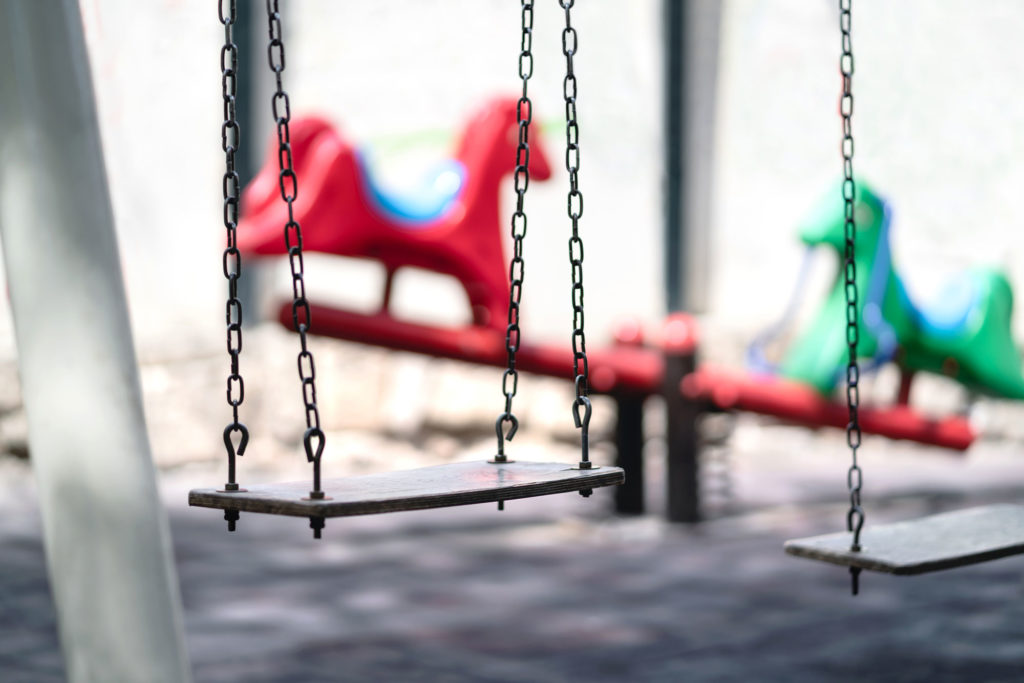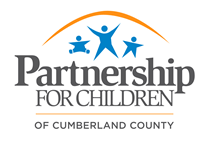
The Partnership for Children offers programs that help families deal with trauma
Article Published in The Fayetteville Observer Sept 3, 2019
By Mary Sonnenberg, Partnership for Children for Cumberland County
The LA Times recently published an op-ed called, “We have studied every mass shooting since 1966. Here’s what we’ve learned about the shooters.” This piece, written by Jillian Peterson and James Densley, clearly outlines their goal of using data as a pathway to prevent mass shootings. The data revealed four commonalities among the perpetrators of nearly all the mass shootings they studied. The very first commonality caught my attention but did not surprise me. The piece states, “First, the vast majority of mass shooters in our study experienced early childhood trauma and exposure to violence at a young age.”
Their data shows that early childhood trauma influences long-term outcomes for individuals and communities. But what is early childhood trauma, and how do we prevent it? One thing is for sure; we can’t do it alone. The only way to make a positive impact is to do it together.
In 2013, a group of like-minded people, representing over 25 community agencies, came together around the question, “What if we could build a suite of prevention and intervention services, parent education and family support services to help create a safe and stable community, where children are nurtured, and families thrive?” The results of this group launched the SOAR (Strengths in Overcoming Adversity thru Resiliency) committee and a movement to work collectively to reduce early childhood trauma and adverse childhood experience.
In 2017, the SOAR committee implemented North Carolina’s first Community Child Abuse Prevention Plan. Over the past two years, SOAR members and their organizations have focused on building community awareness of what resiliency is and the protective factors that can assist families in building resiliency. The documentary film, Resilience: The Biology of Stress and the Science of Hope has been part of that effort and to date and has been screened 97 times and viewed by more than 2,750 individuals in Cumberland County. The exposure of children to adverse experiences has long-term health and psychological impacts beyond their early childhood years into adulthood. When we look at our youngest children, we should be looking at services and supports that will build them into productive 35-year-olds.
Brain science indicates that the first five years of a child’s life are critical for development. Through the work of SOAR, we have focused on Cumberland County becoming a trauma-informed and a trauma-sensitive community. And while awareness is vital, we must put action behind awareness. Action to provide support. Action in our schools, childcare programs, faith-based communities, mental health providers, health providers, Department of Social Services, Health Department, higher education, county and municipal government, and the business community.
Cumberland County Schools, in collaboration with SR-AHEC, brought Dr. Kenneth Ginsburg from Children’s Hospital of Philadelphia
Bouncing back
After viewing the documentary Resilience and meeting with Dr. Ginsburg, some schools in Cumberland County shifted how they interact and support children who may be struggling. Childcare programs have changed how they train their staff by providing professional development in the Protective Factors from Be Strong Families. And the Partnership for Children is taking concrete steps to bring universal home visiting to every newborn in Cumberland County to ensure that every child gets the best start from the very beginning and is connected to community resources.
Cumberland County is unique in many ways — we have families who face deployments and multiple moves. We have survived devastation from two major hurricanes in two years. Parts of our county have poverty rates over 25%. Supporting families in being resilient — bouncing back in the face of adversity — is critical. We cannot settle for
We must take what we have learned and make an urgent course correction — one that gives children and their families a sense of possibility. As we make this course correction together, we must have high expectations, support hard work because when we do that, we will build resilience and success for our all our children and set them on a course to be healthy, successful 35-year-olds. We must invest in this work. All of our futures depend on it.
For more information on the Resilience documentary, Protective Factors and the work of SOAR, contact the Partnership for Children of Cumberland County at ccpfc.org/resilience or 910-867-9700.
